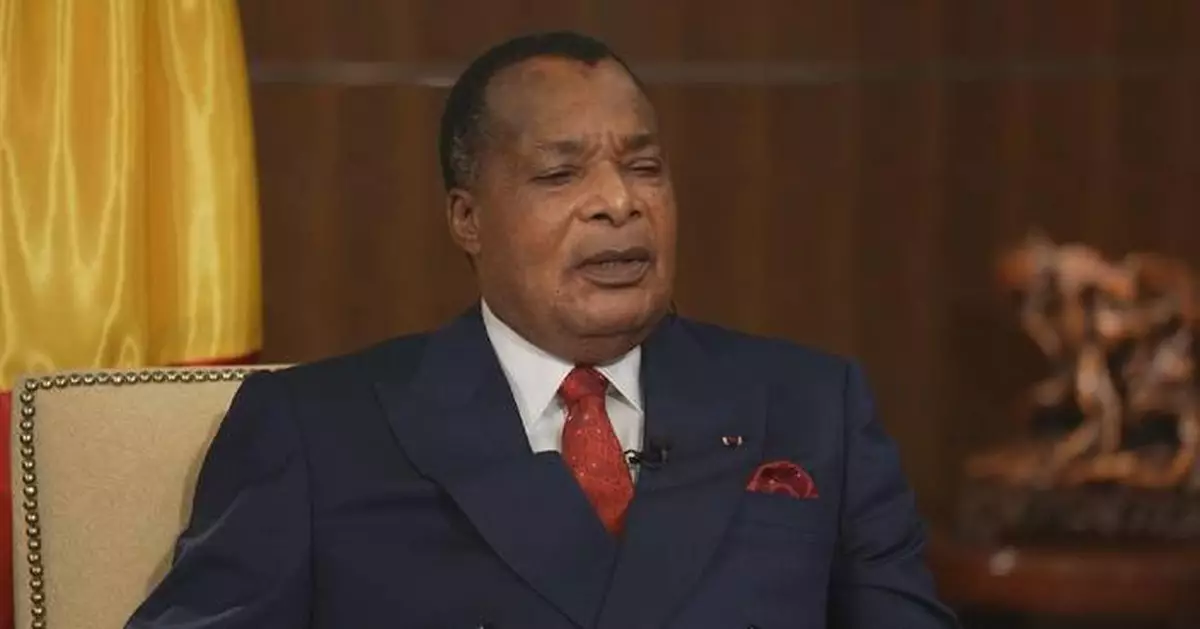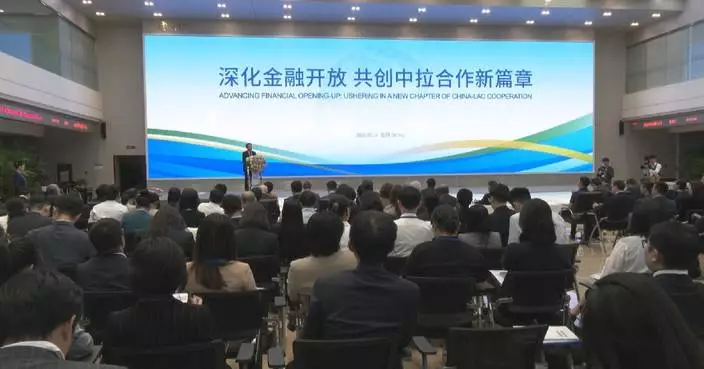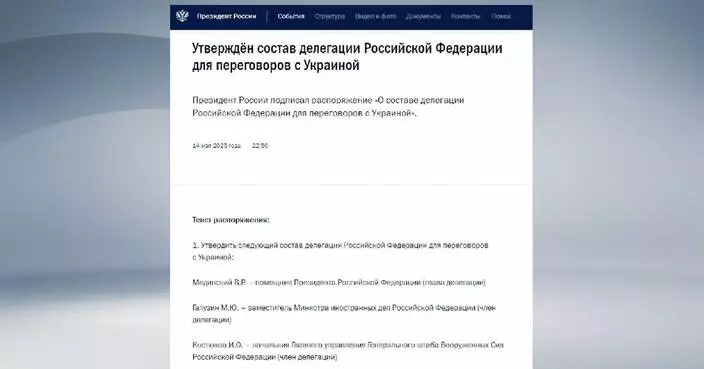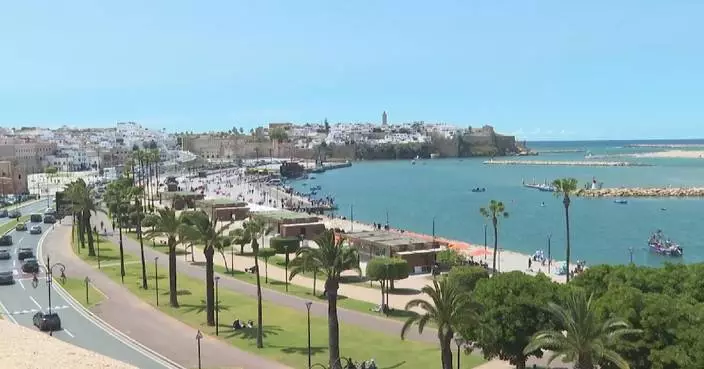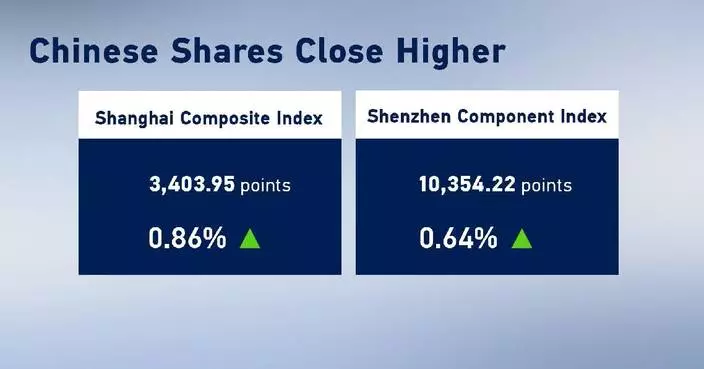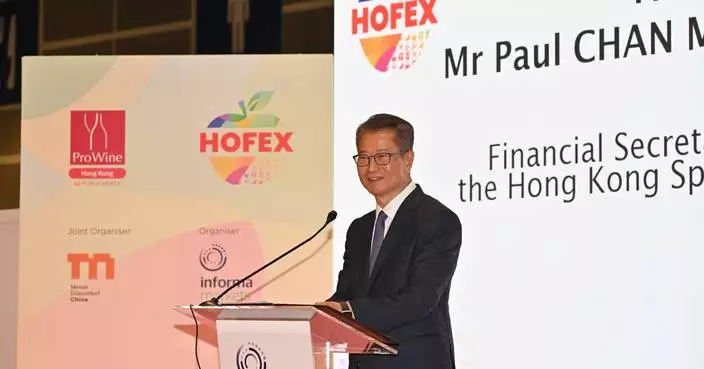China extends a helping hand to African countries on the path to modernization, making sure that no country is left behind in the journey towards shared development, which is a collective endeavor with profound significance, according to Denis Sassou Nguesso, President of the Republic of Congo.
Sassou made the remarks in an exclusive interview with China Central Television (CCTV) in early September while he was in Beijing for the 2024 Summit of the Forum on China-Africa Cooperation (FOCAC) and a state visit.
Chinese President Xi Jinping delivered a keynote speech titled "Joining Hands to Advance Modernization and Build a Community with a Shared Future" while attending the opening ceremony of FOCAC on Sept 5.
Xi emphasized in his speech that on the path to modernization, no one, and no country, should be left behind.
"First, President Xi Jinping solemnly announced in his keynote speech that all African countries maintaining normal diplomatic relations with China, whether large or small, have their ties elevated to the level of comprehensive strategic partnerships with China. This move demonstrates China's deep care and steadfast support for African countries, especially those with a relatively weak development foundation. Extending a helping hand and moving forward together to make sure that no country is left behind on the path of shared development, this undoubtedly represents a collective endeavor of profound significance," Sassou said.
And this endeavor sends a clear signal to Global South countries that Africa and China have embarked on a new journey together, he noted.
When discussing the fundamental differences between the modernization processes of the West and those represented by developing countries such as China and African countries, the president stated that he has no intention of delving into the modernization process of the West. This is because it stems from a complex historical context, often achieved through the domination and exploitation of other nations.
"Since first setting foot on this land in 1964 until now in 2024, I have personally witnessed the remarkable social progress and leap in modernization achieved by the Chinese people through their own perseverance and cooperation with people around the world under the leadership of the Communist Party of China. In my view, this represents an unprecedented development and modernization model," Sassou said.
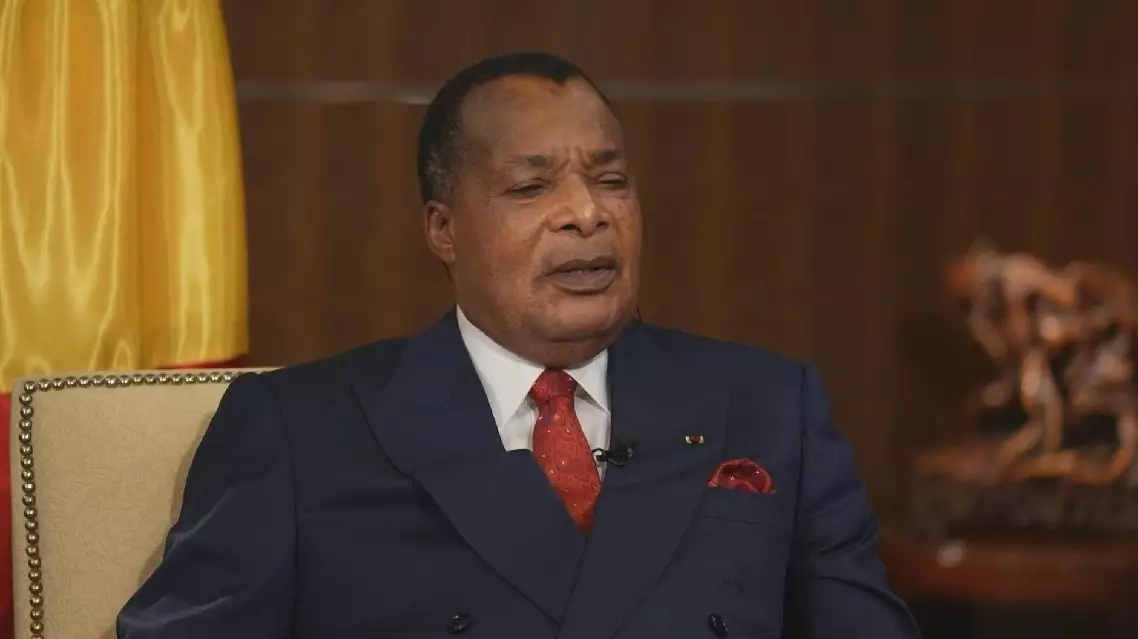
China helps Africa on path to modernization with shared development: president of Republic of Congo


